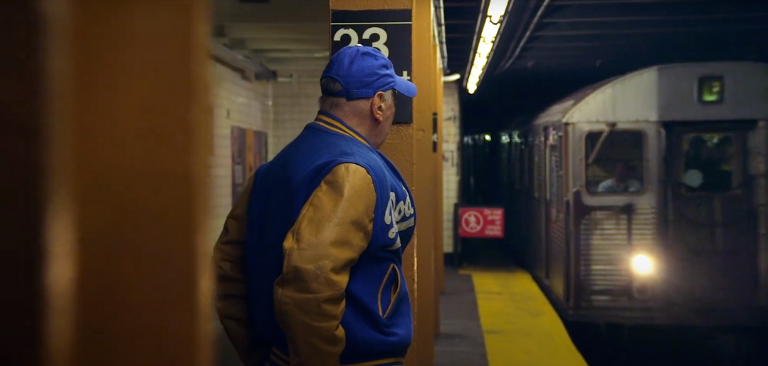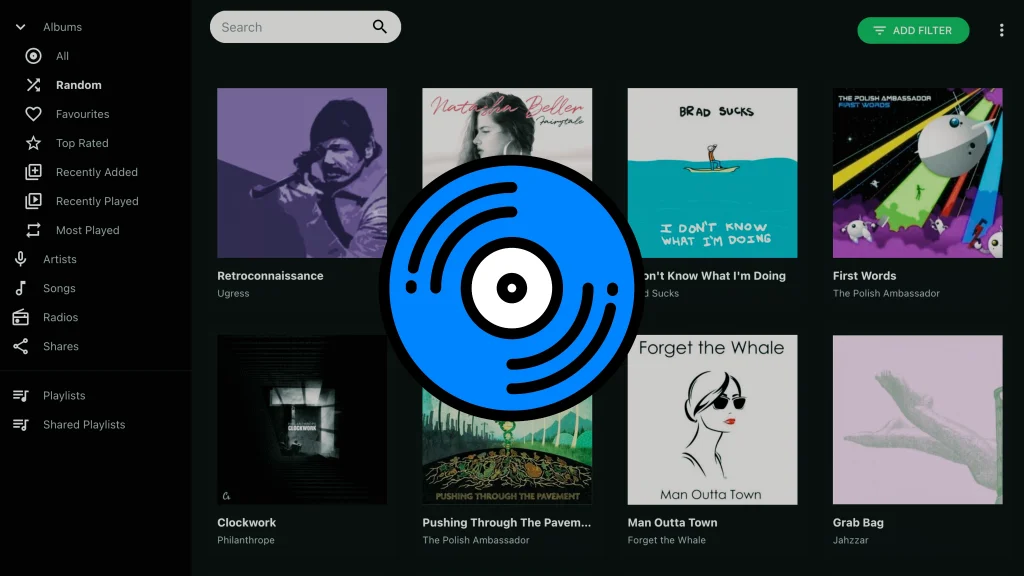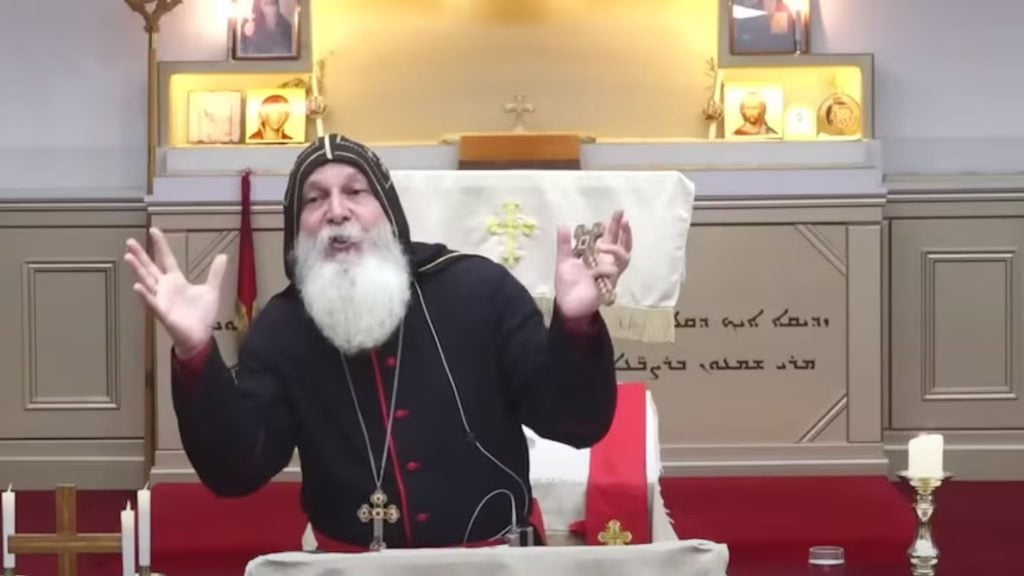It’s as good a time as any – or perhaps better than most – for a documentary shedding some light on the history, legacy, and present-day reality of the American Civil Liberties Union (ACLU) to come out.
Dubbed, “Mighty Ira,” the new film focuses on Ira Glasser, who headed this US non-profit during what some reviewers now consider the organization’s two key decades, ending in 2001.
Click here to display content from YouTube.
Learn more in YouTube’s privacy policy.
The issue of race – seemingly perpetually plaguing US politics, society, and even consciousness – was supposed to be the focus of Glasser’s tenure when he first took the reins in 1978. But as it turned out, dealing with that and other societal, legal, and historical layers bubbling under the surface in the end presented the organization itself with some even deeper and more complex challenges.
As Glasser puts it – defending unpopular causes, to say the least – such as the right of neo-Nazis to rally in a US town with a Jewish Holocaust survivor population – shifted his priorities as sometimes challenged from within his role as head of the ACLU, towards “organizational survival.”
And would he do it again today? Yes he would, he says.
Others might call this an existential crisis of an organization established in 1920 with the goal of upholding individual rights and liberties guaranteed to every person by the Constitution and laws of the United States – only to find out that in reality, that was anything but a straight-forward, guaranteed, “rainbows, butterflies and unicorns” democratic process.
Prominent in this freedom narrative that the ACLU fought so hard to uphold under Glasser’s tenure were the principles contained in the First Amendment of the US Constitution, that guarantee Americans direct, in words, or symbolic in actions, freedom of expression.
Back in 1977, on the ground in Skokie, Illinois, this manifested as the right of neo-Nazis to gather in a town with not only a sizable Jewish population, but one counting many survivors of the 2nd World War Europe terror among them. The ACLU at the time chose to defend the former’s right to assembly, citing their First Amendment rights.
Understandably, this didn’t sit well with either the town’s irrevocably traumatized Jewish population, or many of ACLU’s own members – but the group seemed to be determined to be guided only by the light from the legal lighthouse helping a very diverse nation hold together. The center must hold – that is what many people around the world, for better or worse, think and believe every day, in many countries – and for many Americans, that center was, and continues to be their Constitution.
The ravages of time
The ACLU’s free speech era of Ira Glasser was no doubt one of often difficult yet meaningful exploration, like any true democracy warrants – few things truly worth having, anyway, ever come easy.
Glasser’s tenure saw sometimes painful commitment to principles, and the torment that comes from defending the right of the perceived wrong side caught amid ambiguous narratives, and looking only towards the legal truth of one’s nation’s legal system to provide the guiding light.
But fast-forward to mid-2018, and the ACLU seemed to have found a whole new cause and identity for itself. One far simpler, more streamlined, and unbothered by many of the former deeper concerns, that had nevertheless lent it much of its past credibility.
As the Wall Street Journal put it at the time, – free speech values “do not appeal to the ACLU’s increasingly partisan progressive constituency – especially after the 2017 white-supremacist rally in Charlottesville.”
Having picked its side in the free speech debate, the present-day ACLU seems comfortable with denouncing the right to free speech – if it is interpreted as having the potential to harm what are termed as marginalized groups.
That’s a pretty severe U-turn from what the ACLU had been building its reputation on for decades before. The watershed moment seemed to have been the Charlottesville rally.
“Vigorously defending the free speech that it hates” – that’s how the WSJ summed up the entire prior purpose of the ACLU.
For its part, these days the ACLU can enjoy living its sunset years as a civil rights organization over on its narrow chosen partisan and ideological porch – but hardly with the impact, reach, or influence it once had hoped to have.
If you're tired of censorship and dystopian threats against civil liberties, subscribe to Reclaim The Net.









